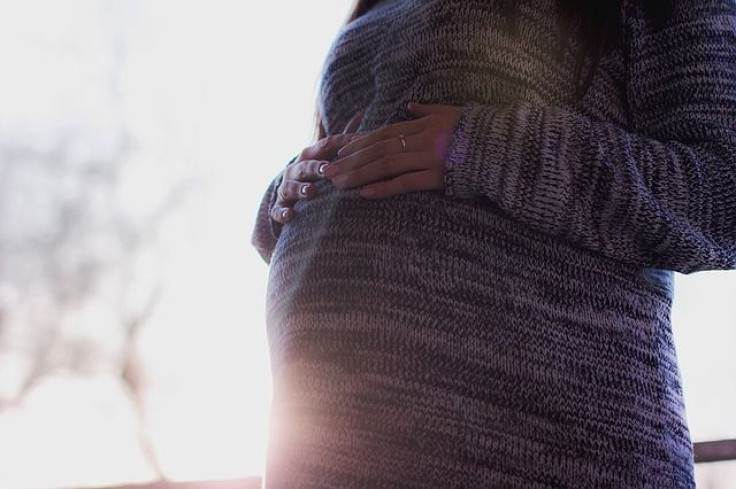Smoking During Pregnancy Alters Fetus' DNA, Mirroring Same Chemical Changes Seen In Adult Smokers

Warnings on cigarette packages that emphasize the harmful effects of smoking while pregnant have been around for decades, but 12.3 percent of expectant American women still smoke. Adverse birth outcomes, such as low birth weight, compromised lung function, and cleft lip have been associated with maternal smoking, but how smoking leads to these health effects is not fully understood. New research published in the American Journal of Human Genetics shows that smoking while pregnant can adversely alter a fetus’ DNA. This suggests an explanation for the link between smoking while pregnant and health complications in children.
“I think women already know that they shouldn’t smoke,”co-senior author Stephanie London told Medical Daily, noting that the new findings solidify evidence that smoking while pregnant does impact the fetus. “So it’s not like this ‘oh maybe it has some effect’ ... we can physically see this evidence.”
The study, led by an international team of researchers, found that cigarette use during pregnancy resulted in some modifications in the fetus’ DNA. What’s more, these changes mirrored those seen in adult smokers.
“What surprised me most about the study is you see the same changes in a newborn from the mother smoking during pregnancy as you’d see in an adult from their own smoking. Many of the same changes,” London said.
Researchers combed through data from 13 studies involving 6,685 newborns and their mothers from around the world. The mothers fell into one of the three categories: “sustained smokers” who continued to smoke daily throughout their pregnancies, and “non-smokers,” or those who smoked occasionally during their pregnancies. To examine the newborns’ DNA, researchers collected samples mainly from the blood in the umbilical cord after delivery.
The data showed that sustained smokers gave birth to children who had their DNA chemically modified in 6,073 places. Researchers said half of these locations were tied to specific genes related to the development of the lung and nervous system, smoking-related cancers, and birth defects such as having a cleft lip or palate. This means the offspring of mothers who smoked during pregnancy may be more likely to suffer health complications during their lifetime because smoking affects organ systems and developmental processes in newborns, London said.
"I find it kind of amazing when we see these epigenetic signals in newborns, from in utero exposure, lighting up the same genes as an adult's own cigarette smoking. There's a lot of overlap," said London, an epidemiologist and physician at the National Institute of Environmental Health Sciences (NIEHS). "This is a blood-borne exposure to smoking — the fetus isn't breathing it, but many of the same things are going to be passing through the placenta."
Although smoking and chemical modifications to fetal DNA have been linked in smaller studies, the current study — which is one of the largest studies of its kind — provides a larger analysis, and ensures that the results from past research can be reproduced; it also gives scientists “more power to uncover patterns,” researchers said.
However, the findings don’t necessarily suggest that epigenetics, or changes in gene expression, lead to health complications, it implies that these DNA changes “might be something worth exploring further,” London said. The next step for researchers is to explore how these DNA changes could influence child development and disease.
Source: Joubert B, Felix J, Yousefi P. DNA Methylation in Newborns and Maternal Smoking in Pregnancy: Genome-wide Consortium Meta-analysis. American Journal of Human Genetics. 2016.



























